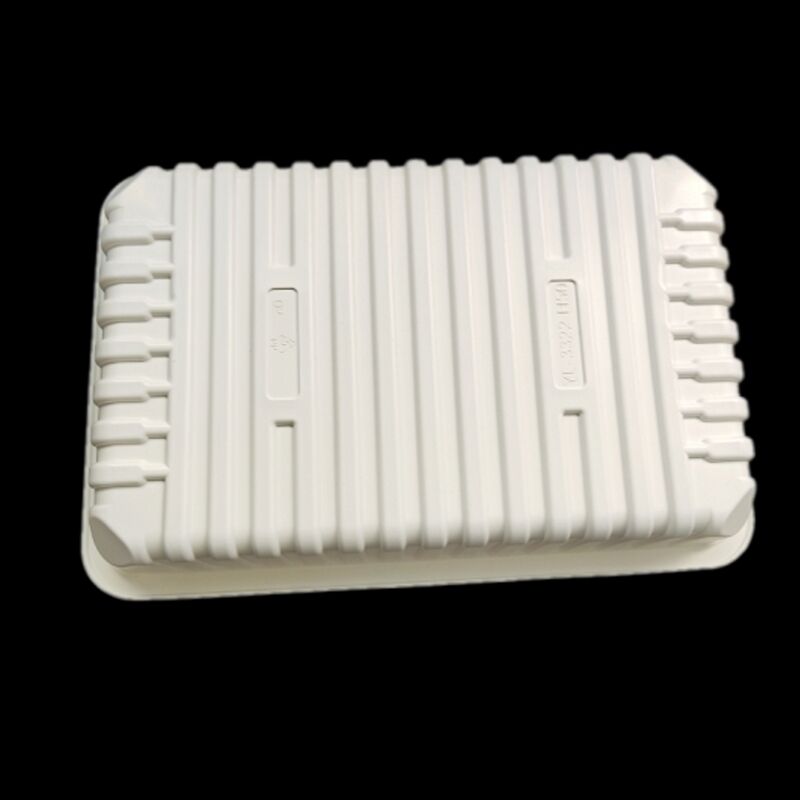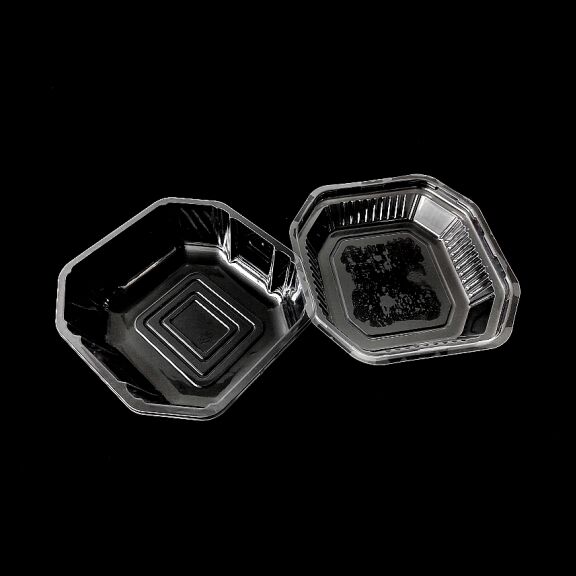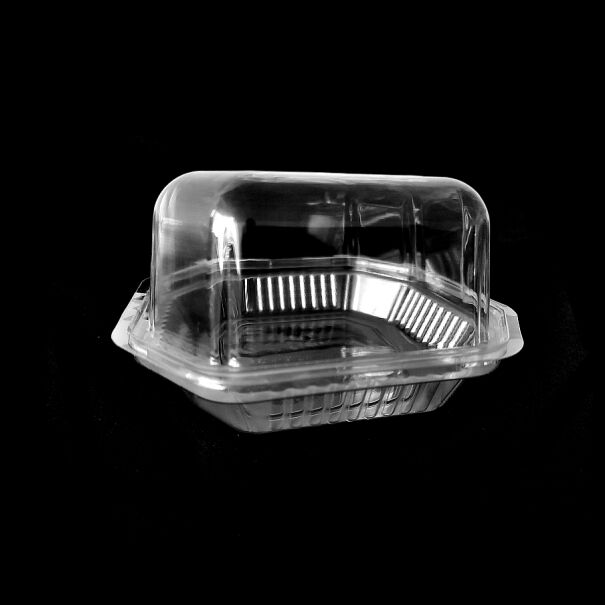plastic trays for food packaging
Plastic trays for food packaging represent an essential component in modern food storage and distribution systems. These versatile containers are specifically designed to meet the demanding requirements of food preservation, presentation, and protection. Manufactured using food-grade materials such as PET, PP, or PS, these trays incorporate advanced engineering features that ensure optimal food safety and extended shelf life. The trays are available in various sizes, depths, and configurations to accommodate different food products, from fresh produce and meats to prepared meals and baked goods. Their design typically includes structural reinforcements for stack-ability, moisture barriers to prevent leakage, and clarity for product visibility. Many modern plastic food trays are equipped with sealed edges and anti-fog properties, ensuring that food remains fresh and visually appealing. The manufacturing process employs state of the art thermoforming technology, resulting in uniform thickness and consistent quality. These trays often feature innovative designs that facilitate easy handling, storage, and display in retail environments. Additionally, many varieties are microwave-safe and temperature-resistant, making them suitable for both cold storage and reheating applications.


